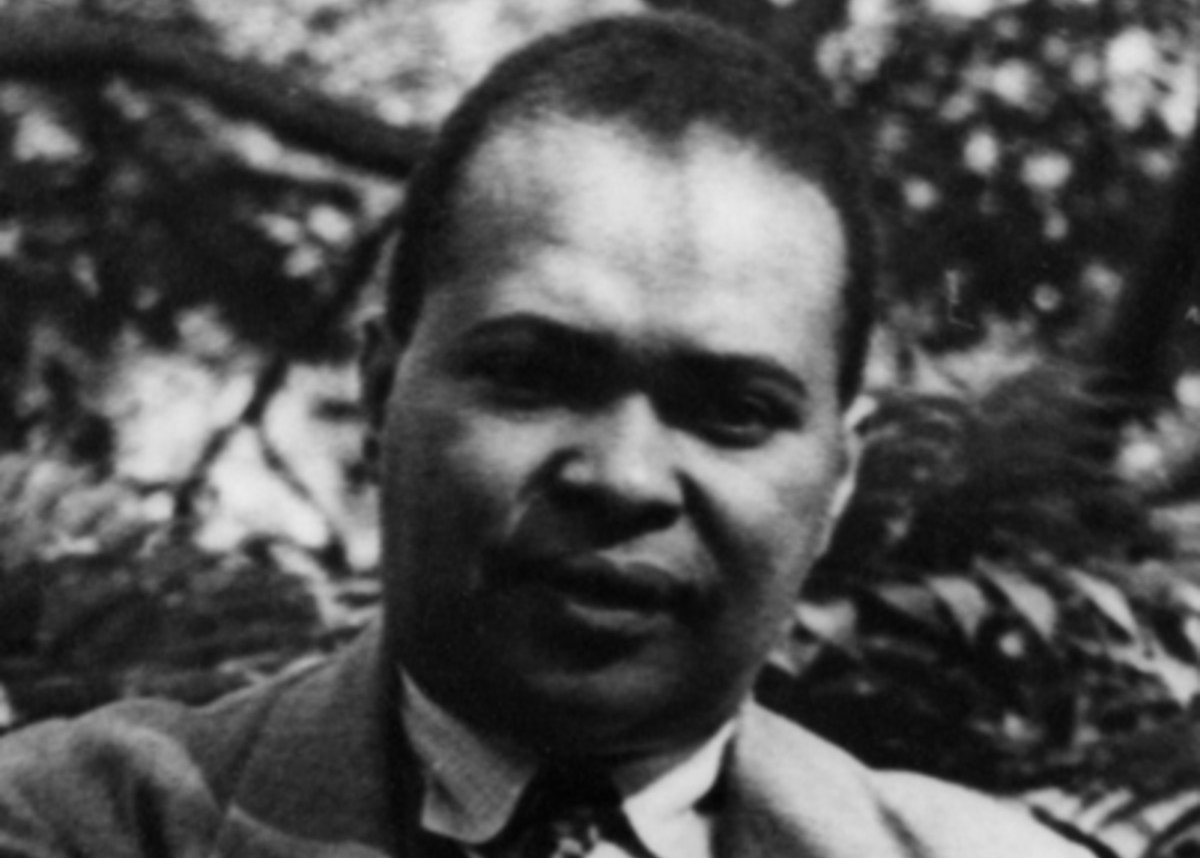School is starting – not just for my kids, but for me, too. I started school at Weber State University last spring. I joined the Marine Corps right after high school, walking away from several scholarships to pursue a different path, one that has blessed my life immeasurably! But I’ve always been a little bit sad that I didn’t get to have that college experience. So now it’s my time!! It’s different attending college when you’re 44 (and I’m sure I missed some fun stuff that I would have experienced at age 18) but it’s also pretty cool. I’m smarter than I was. I know more about the world. I’m more formed. And I care more about what I’m learning because I see and have experienced a broader context for it. Last semester, in my Intro to Lit class, we explicated sonnets – meaning explaining how the poet used words, punctuation, and poetic devices to add to the meaning of the poem. In honor of the start of school, I’ll share one of those today: Cullen’s sonnet followed by my explication.
Yet Do I Marvel – by Countee Cullen
I doubt not God is good, well-meaning, kind,
And did He stoop to quibble could tell why
The little buried mole continues blind,
Why flesh that mirrors Him must some day die,
Make plain the reason tortured Tantalus
Is baited by the fickle fruit, declare
If merely brute caprice dooms Sisyphus
To struggle up a never-ending stair.
Inscrutable His ways are, and immune
To catechism by a mind too strewn
With petty cares to slightly understand
What awful brain compels His awful hand.
Yet do I marvel at this curious thing:
To make a poet black, and bid him sing!
The Song of a Black Poet – by Josie Hulme
Sixty years after the adoption of the Thirteenth Amendment abolishing slavery and forty years before the Civil Rights Act, Countee Cullen, an African-American poet, wrote “Yet Do I Marvel,” a sonnet imbued with the difficulty and confusion of a race unsure why their rightful place in American society continued to be denied them. Using his own story as a mirror for the rest of his race, Cullen assures the reader that God is good before ironically listing several examples that belie that assertive statement. However, in the last couplet, he ends his list with the most audacious of all God’s creations: a Black poet in a world that is just beginning to listen.
Although “Yet Do I Marvel” is not a classic romantic sonnet, it does follow the Shakespearean form with a slight change in the classic rhyming pattern of the last sestet, using, instead: e e f f g g. Though it has several exceptions, the poem is written in iambic pentameter. Cullen brilliantly uses the sonnet form to examine the tension between God’s “goodness” and the treatment of African Americans. On its scaffold, he both questions God, perhaps tongue-in-cheek, about His wisdom and builds a case for his own identity.
First, his use of a variety of gods is interesting. He starts with what, it could be assumed, is a reference to the Protestant God that was most prevalent in American society and among African-Americans at the time. Then he turns his attention to the Greek gods who cursed both Tantalus and Sisyphus in ancient mythology. Lastly, he uses the word “catechism,” which is most readily affiliated with the Catholic church. It is perhaps telling that he uses no African gods in this list of “good” things God has done, referencing only gods originally worshipped by Caucasians. Even though there is irony in his lengthy list of unfair things that a “kind” God has done, the reader can use the same logic to see Cullen calling his identity as a Black poet ‘godly’ in origin. He is, in essence, saying, ‘If these things listed in the poem are God’s creations despite their imperfections, then so am I.’
Cullen uses a number of poetic devices to accomplish this. The first quatrain is remarkable for its monosyllabism. In the first two lines, there are only two words with two syllables (“meaning,” “quibble”); the rest are single-syllable words. In fact, in the first forty syllables of the poem, there are only thirteen that are not single (“meaning,” “quibble,” “little,” “buried,” “continues,” “mirrors”). The first quatrain is also littered with spondees: “ uI /doubt /not /God” and “/well-/meanuing” and “/could /tell /why” as well as the powerful end to the first quatrain, “/Him /must /some /day /die.” Both of these—the abundance of monosyllables and spondees—naturally slows this first quatrain and allows time for the idea of an all-knowing, well-meaning God to settle firmly in the reader’s mind. Cullen’s use of the words “stoop” and “quibble” in the second line signify God’s greatness and majesty, showing He would need to bend low, or descend, to share His reasoning about such trivial issues with the speaker. The fourth line also reminds the reader that while humans may have been created in the image of God, they are far from Him in power.
The first quatrain contains three end-stopped lines and one line that, while enjambed, still has something of a natural pause at the end. In contrast, the second quatrain contains no end-stopped lines and has a caesura in its second line: “…by the fickle fruit, || declare.” Besides the three enjambed lines, only fourteen of the forty syllables in the second quatrain are monosyllables, almost opposite the first quatrain. Also, Cullen begins his ironic list of things God needs to explain slowly, with a humble “little buried mole.” Then, through the use of polysyllabic words and enjambment, he rushes—explodes!—into the second quatrain, as if the doom of Tantalus and Sisyphus is too horrible to dwell on. He uses emphatic words with harsh consonants like “tortured,” “baited,” “fickle,” “brute caprice,” “dooms,” “struggle,” and “never-ending” to create a dissonance that steps up the rhetoric. ‘A kind god?’ he seems to ask incredulously. ‘Are these words you would ascribe to a kind god?’
Another difference between the first and second quatrains is found in the use of poetic sound devices. While some are used in the first (“mirrors-must,” “day-die,” “not-God,” “mirrors-Him-must-some”), the second quatrain is drowning in them. Alliteration: “tortured-Tantalus,” “fickle-fruit,” “struggle-stair.” Assonance: “make-plain,” “baited-declare,” “struggle-up,” “never-ending,” Consonance: “fickle-declare,” “merely-brute-caprice,” Hiatus: “dooms-Sisyphus.” Both the first and third lines of the second quatrain end in a dactyl: “/Tanutaulus” and “/Sisuyuphus.” This change in the rhythm softens the reader’s feelings toward these unfortunate men. After the harsh, almost cacophonous, noise of the rest of the quatrain, we end these names with a whisper of reverence for ones who have unfairly garnered the wrath of the gods.
All of this is accomplished in one sentence, comprising the entire first octave. The third quatrain is another sentence, the first three lines enjambed; and the first line contains another caesura: “Inscrutable His ways are, || and immune.” This breaks the second sentence into two parts: the first, a simple statement about God, and the second, a far more detailed and perhaps sarcastic comparison between God’s mind and the speaker’s.
Unlike the first and second quatrains, this one is almost even with mono- and polysyllabic words. It’s also an even mix of smooth and harsh sounds with very few sound devices. It feels as if the speaker is now acerbically sulky after his outburst in the second quatrain. The last line also repeats the word “awful.” The double meaning of that word, emphasized by the repetition, perfectly wraps up this poem. From the first line, with its small and certain words talking about God’s undoubted goodness and kindness, through the discordant and stormy middle, to the bitter and whiny end, the reader is left with a feeling of unbalance. What does the speaker believe? Is God awful, meaning extremely bad and terrible? Or is God awful, meaning solemnly impressive and inspiring awe?
The answer may be found in the last couplet’s opening word, “yet,” used as a coordinating conjunction showing contrast. It means “but” or “nevertheless,” effectively undoing the previous argument. Cullen’s sarcastic beginning statement, “I doubt not,” is thus transformed into one of admiration and astonishment, “I marvel.” The word “curious” connotes an inquisitive, childlike wonderment. These words, together with the uneven, perhaps childishly clumsy, meter of this line, “/Yet udo uI /maruvel uat uthis /curuious /thing:” bring a feeling of reverential awe, an almost bewildered amazement. The line ends with a colon, causing the reader to lean forward into the last line. Then, for the first time in his poem, Cullen brings up race as he offers us a glimpse into his life. After the rollercoaster ride he’s taken us on, he concludes his poem with the spondee “/bid /him /sing.” In effect, he says, ‘It is God’s command, and I dare not—cannot—stop the music.’ But he doesn’t end there. He adds an exclamation point, as if he can’t believe how lucky he is.
Cullen’s brilliant sonnet, “Yet Do I Marvel,” is more than a fine example of Harlem Renaissance poetry. It embodies the conflict, the questions, and the joy of being Black in America. He takes the reader on a whirlwind journey through faith, doubt, frustration, anger, blame, and bitterness, then on to delight and pleasure. He leaves the reader with a sense of respect and appreciation for Black fortitude as he walks away with a grin and a wink.


